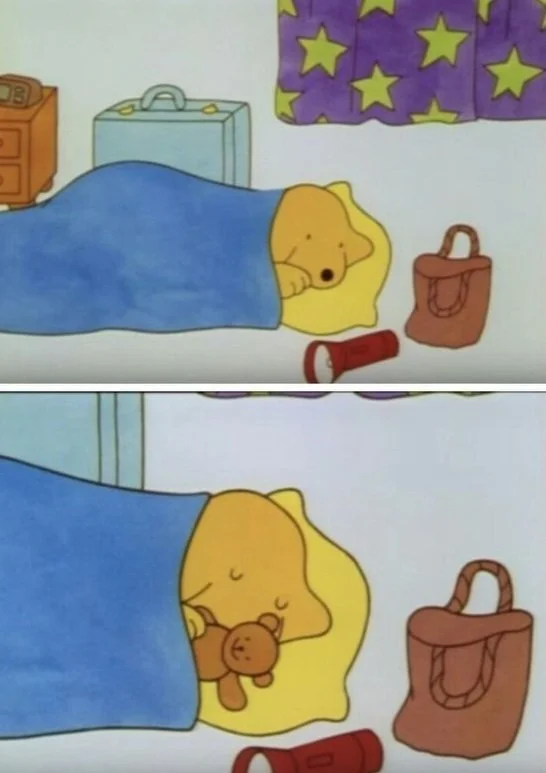The Floating Perspective, popularized by Guo Xi (郭熙), a Chinese painter from the Song dynasty, is the type of perspective commonly seen in historical Chinese art with sceneries where there is not a single view of a subject, but rather several shown at the same time, shifting from near to far vignettes.
I wanted to bring this creative way of relating our what we go through into art as therapy and I have an art prompt for you!
˚ ༘♡ ⋆。˚
Here's your art as therapy prompt:
An Image of Concern
Draw out a concern* you want to view or acknowledge from (a) perspective(s) that is supportive, from (an) angle(s) that is safe-enough for your capacity at this moment.
*If you don’t like drawing or painting, you are so welcome to make digital art, create a collage, a sculpture or look for images on Pinterest that can represent what your concern is. Ideas here are limitless!
Exploring your image of concern from different angles can look like:
• peeking in: through a barrier (like glass window, or from a door)
• zooming out
• from a birds eyed view
• through a container with the problem inside
• inviting in someone you trust
• like that iceberg visual aid to see what’s on the surface and what may be underneath …and more…
You are welcome to alter and change this perspective whenever you revisit this image in the future.
Please be mindful of the sizing, material, border, making sure the materials you choose can hold your image of concern.
˚ ༘♡ ⋆。˚
And some reflection questions when you finish your art making process:
• What is it like to express this concern into an image?
• How do you relate to your concern; and is there a shift with how you relate to your image of concern?
• Is there a portion of this concern that is externalized (aka. you are no longer holding onto or blaming yourself for)?
• How do you receive context from your lived experience of your concern vs. your image of concern?
Receiving context can be: information gathering, perspective taking, the organizing of the story of concern, getting feedback etc. (ask Chat GPT: "how do humans receive context from a problem in their life?" if you're stuck here)
How did that go for you? If you wanted to share your artwork or thoughts, feel free to email me at linda@deciphercounselling.com.
Save this art therapy prompt and come back to it for another day. If you know someone who may like this, share this prompt with them!
Thanks so much for being here and trying something new!












